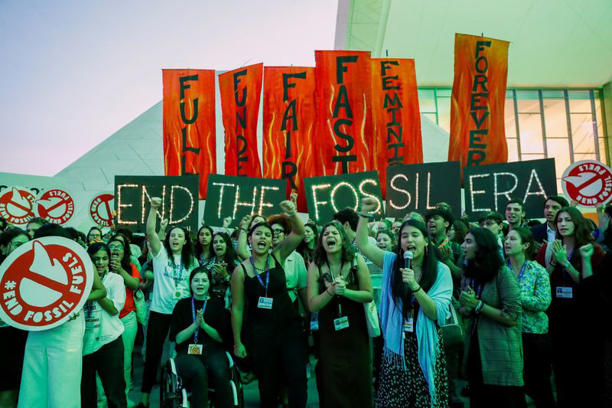Featured
article
- Get link
- X
- Other Apps
G7 Commits to Accelerating Fossil Fuel Transition, but Activists Remain Skeptical
Leaders of the Group of Seven (G7) developed democracies have pledged to accelerate their transition away from fossil fuels during this decade. The draft statement from their summit in Italy outlines a commitment to achieve net-zero emissions by 2050, in line with the best available science. However, climate activists remain critical, citing a lack of concrete commitments and the fact that many pledges were already agreed upon in previous meetings. The G7’s focus on phasing out coal power generation and reducing methane emissions is commendable, but some environmentalists express disappointment over the allowance for public investments in natural gas. As the COP29 United Nations climate conference approaches, the G7 leaders plan to submit more ambitious national climate plans.
Popular Posts
Trump's Six Words: "I'm Going to Stop the Wars"
- Get link
- X
- Other Apps
Smart Savings for a Sharp School Start: Canadian Parents’ 2025 Guide
- Get link
- X
- Other Apps




Comments
Post a Comment